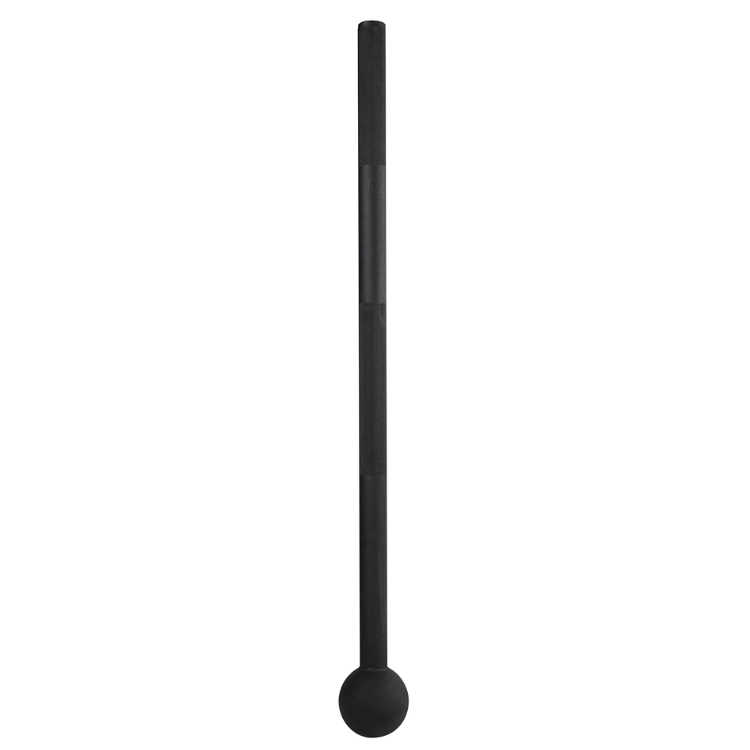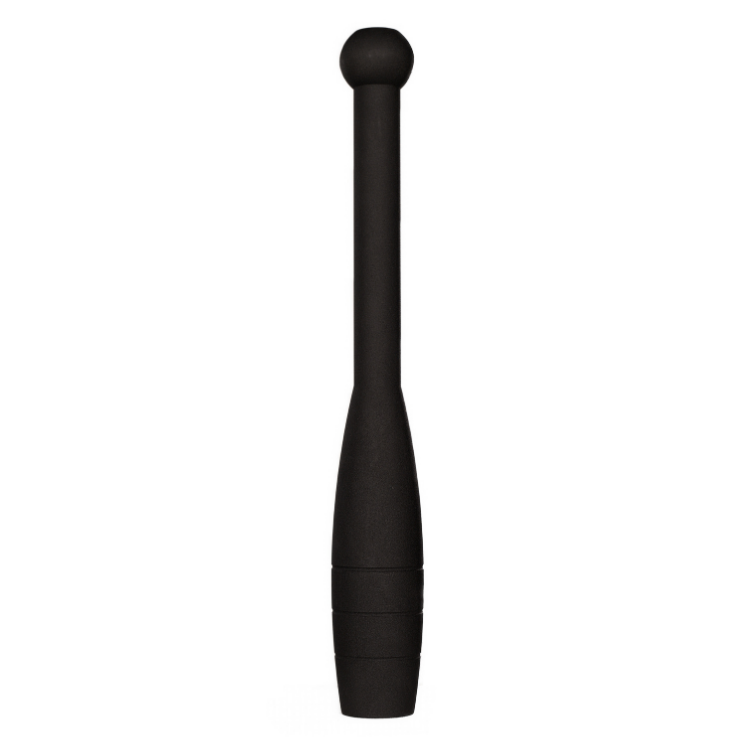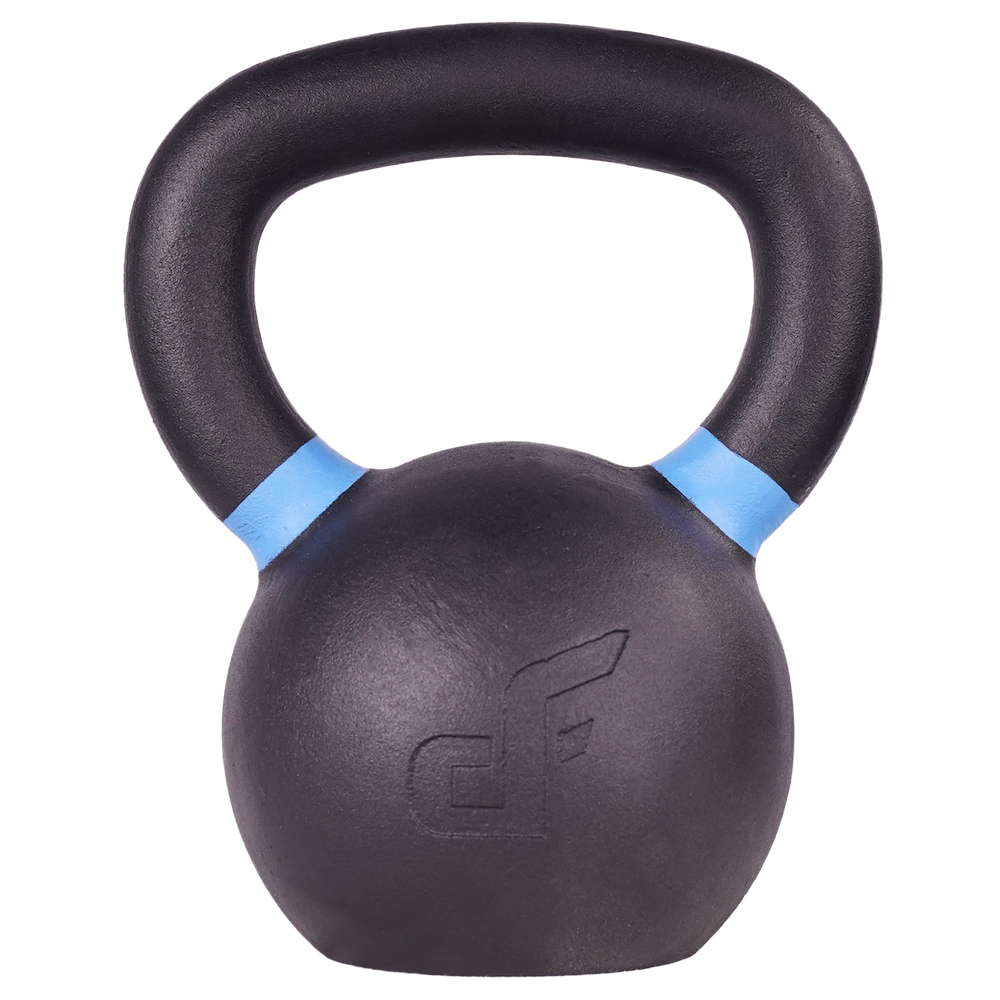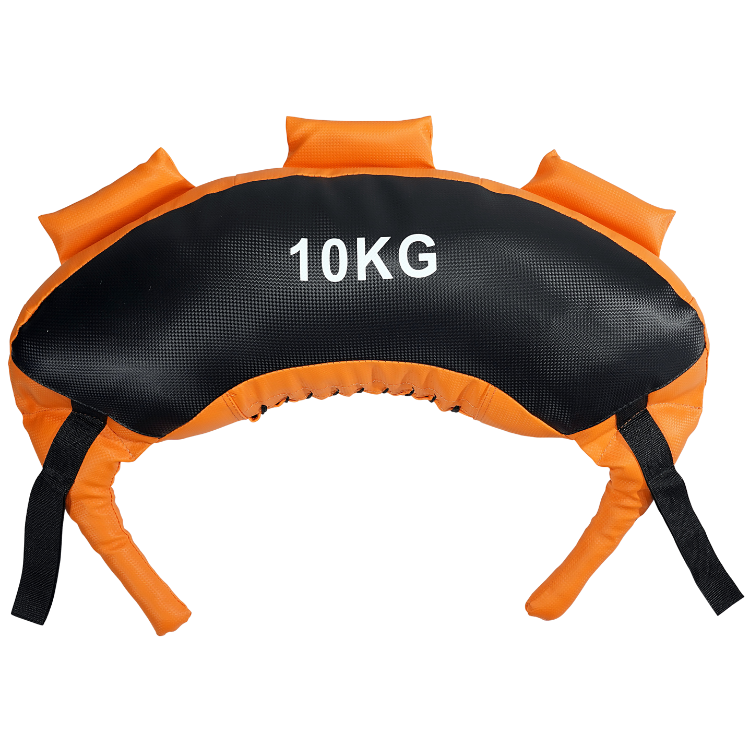There have been many reviews that come out on boot camps lately; they are relatively good reviews with some humour usually injected in them, most particularly to describe their inability to keep up with the challenging workouts. Difficult, challenging, over-the-top and torture are just some of the adjectives that had been used to describe boot camps.
But what can one really expect from a boot camp? How hard can they be?
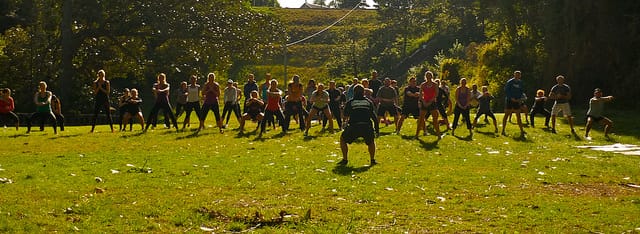
If you like running against the wind and hiking up hills, non-military boot camps just might be right for you.
To better understand what to expect from boot camps is to know first the types of boot camp services there are available.
Military fitness boot camps versus Non-military fitness boot camps
The difference between these two boot camps is that there is more yelling directed to the participant. It is fashioned after real military boot camps wherein the soldiers-in-training are expected to shape up for war in just 1one week.
So, the idea for a military-styled fitness boot camp is that there’s no room for slackers and defeatists because the life of everyone in the team is at stake. You need to keep up. Military boot camps are always done outdoors.
In non-military boot camps, there is still that sense of team and camaraderie; only, there’s no yelling about your weakness or you lagging behind for everyone to hear. The personal trainer motivates you in a less intimidating, more humane manner.
Non-military boot camps can be done indoors or outdoors.
Indoor boot camps versus Outdoor boot camps
Indoor boot camps are done within a closed venue, in a space provided in a workout gym or a rented space. Outdoor boot camps meet in public parks, public beaches or any open outdoor spaces.
Indoor boot camps usually offer a wider selection of equipment to use especially if it’s a space provided in a gym. Outdoor boot camps have more exercises that use body weight and there is the luxury of maximizing the space available for the workouts.
Indoor boot camp have no need for season adjustments since the sessions are done within a covered area; weather may call certain adjustments for outdoor boot camps but the weather can also be considered an asset to a training. If warmed up properly, people who work out in cold weather can expect satisfying results in their workouts.
In cases of seriously bad weather, the possibility for cancellation for both types of camps is the same. You cannot expect people to endanger themselves into traveling to get to the venue of the workout on such days; in fact, it’s highly advisable to stop them from even attempting to do so.
Indoor boot camps have a regulated atmosphere since an air conditioning system is possible for indoor venues; but the outdoors offer a fresher and natural environment.
Intensity of boot camp sessions
A good boot camp, indoor or outdoor, military or non-military, must first provide the best personal trainers to oversee the participants. These personal trainers must be highly knowledgeable of the kinds of workouts and their corresponding effects; they must know the relationship between the exercises and the participants medical and fitness history. To put it more bluntly, the leading Personal Trainers must all be certified.
They must possess the skills, not just to be able to execute exercises but to be able to properly assess the physical needs of their clients. A wise and trained fitness instructor knows that he cannot just throw in people of different fitness capabilities in one group and make them do workouts of the same level of intensity.
Although boot camps will challenge you to push against your limits (expect some really intense workout sessions), a good personal trainer can identify a person who is going beyond the boundaries of his body’s capability. He is responsible for the safety of his clients during the sessions and pertaining to his training.
Here’s an article on Washingtonian:
A Boot camp Experience
After a brief warm up of jumping jacks, running in place, and lunges, we began the circuit, which was made up of nine exercises broken into three sets. Each set targeted various areas of the body including the core, arms and legs, and, ultimately, whole-body exercises. We did burpees, tuck-ups, jumping lunges, and several Jefferson creations that changed up typical body weight exercises. There was the twist plank, the scorpion push up, and so many more we lost track. The only requirement of the class was that we keep moving—no matter how little, no matter how tired we got.
Jefferson says she tries each workout beforehand to make sure it’s not too hard, but she always hopes to push participants to the brink of exhaustion. “I can tell the difference between, ‘I’m tired so I’m not trying very hard anymore’ and, ‘My body is physically shutting down,’” she told the group at the beginning of the workout. “If you’re not moving, it better be because you can’t.”
If you do not like high intensity workouts, then perhaps, boot camps are not for you. If you think it’s for you, choose the type of boot camp according to your personality.
If being yelled at is motivating for you, by all means, sign up for a military boot camp. If you’re into working out indoors, go for the indoor-type boot camps. But if you like working out in an open space and like running against the wind or hiking up hills, the non-military outdoor boot camps just might be right for you.
Dangerously fit boot camps are non-military outdoor boot camps. We are the best and most in-demand weight loss boot camp program in Sydney. Sign up for our $1 One Week Trial.

